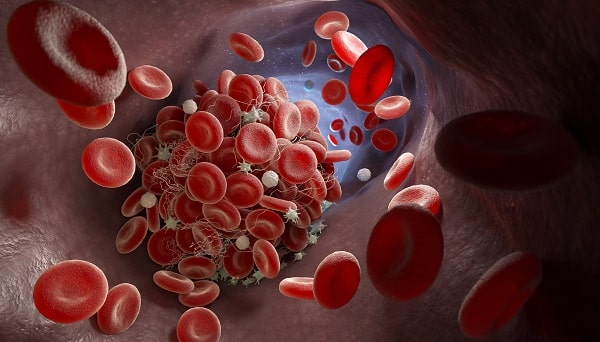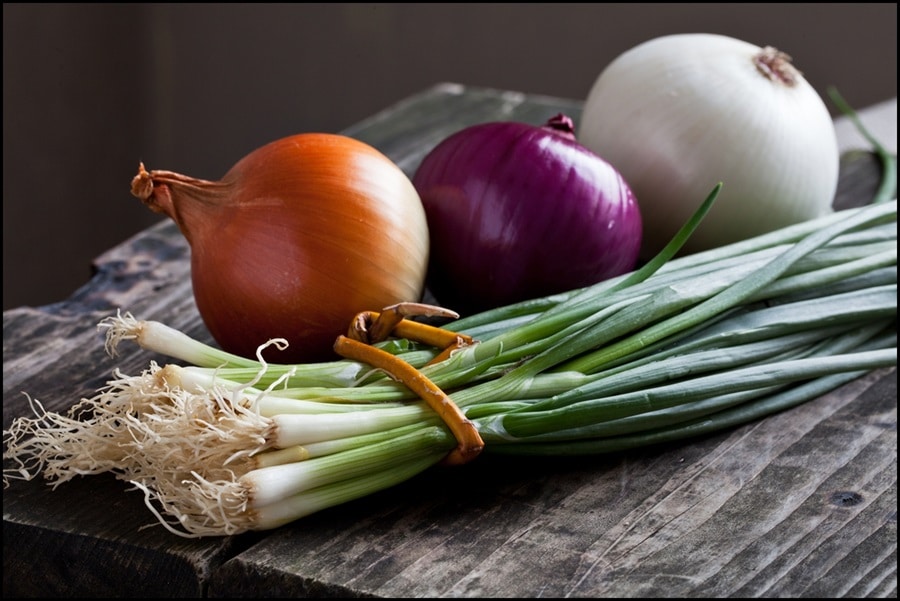Kale is one of the healthiest vegetables you can eat, and it’s no wonder why so many people are adding it to their diets. Kale contains nutrients, antioxidants, and fiber, which offer significant health benefits. And that is just the beginning; this article will explore some of the best benefits of eating kale. From improving heart health to preventing cancer, it truly is a superfood. So if you’re looking for a nutritious and healthy vegetable to add to your diet, look no further than kale!
Contents
Where Does Kale Come From?
Kale, a nutrient-rich leafy green vegetable, is a member of the brassica family, including cabbage, Brussels sprouts, and broccoli. A close relative of wild cabbage, kale was first cultivated in the Mediterranean over 2,000 years ago. It is grown worldwide and is a popular ingredient in many healthy recipes. When choosing kale at the grocery store, look for crisp, dark green leaves with no signs of wilting. Kale can be enjoyed raw in salads or cooked in various dishes. Whether you’re looking for a nutritious side dish or a flavorful addition to your favorite soup or stew, kale is a great option.
Improve Your Immune System

Because of its high nutrient content, kale has various health benefits, including a stronger immune system. Vitamin A helps keep the lining of the respiratory tract healthy, preventing bacteria and viruses from entering the body. Vitamin C is a powerful antioxidant that helps to neutralize harmful toxins in the body. Vitamin K helps to promote bone health, and iron aids in the production of red blood cells. All of these nutrients work together to support a strong immune system. Furthermore, kale is also a good source of fiber, which can help to keep the gut healthy and free from infection. The next time you look for a way to boost your immune system, reach for some kale.
Aids Your Body In Blood Clotting

When your body experiences an injury, one of the ways it prevents further damage is by clotting the blood. This process involves a complex series of steps that are crucial to stop excess bleeding. One important nutrient for blood clotting is vitamin K, and kale is an excellent source of this vitamin. Vitamin K helps to produce proteins that are essential for proper blood clotting. Without enough vitamin K, your body wouldn’t be unable to heal wounds properly. In addition to promoting blood clotting, the high levels of vitamin K in kale help keep bones healthy and prevent osteoporosis. So if you’re looking for a nutrient-rich food that can help your body in various ways, add some kale to your diet.
Protects Against Cancer

It’s no secret that kale is a nutrient-rich superfood. This leafy green is full of vitamins, minerals, and antioxidants that can boost your health in various ways. But did you know that eating kale can also help to protect against cancer? Studies have shown that kale contains compounds that can inhibit the growth of cancer cells. These compounds work by inducing cell death and suppressing the formation of new blood vessels that tumors need to grow. Furthermore, kale is a good source of fiber, and research has shown that diets high in fiber may help to reduce the risk of colon cancer. So next time you’re looking for a healthy way to boost your cancer-prevention efforts, don’t forget about kale!
Helps Keep Your Eyes Healthy

One of the most important nutrients in kale is lutein, which is essential for keeping your eyes healthy. Lutein helps to protect your eyes from damage caused by ultraviolet light and reduces your risk of developing age-related macular degeneration. In addition, kale is also a good source of zeaxanthin, another nutrient that can help to protect against macular degeneration. While you can get these nutrients from other foods, kale is one of the best sources of lutein and zeaxanthin, making it an important part of a diet for eye health. Even better, these nutrients help keep your eyes healthy and can help reduce the risk of cataracts. So if you’re looking for a way to help protect your vision, add some kale to your diet.
Protects Against Type 2 Diabetes

Type 2 diabetes is a severe condition that can lead to various health problems, including heart disease, stroke, and kidney damage. Unfortunately, more than 30 million Americans have type 2 diabetes, which is rising. While there is no cure for diabetes, lifestyle changes such as eating a healthy diet and regular exercise can help prevent or delay the onset of the disease. And adding kale to your diet may be especially beneficial. Kale is a nutrient-rich leafy green packed with vitamins, minerals, and antioxidants. Studies have shown that kale can help regulate blood sugar levels and improve insulin sensitivity, vital in preventing type 2 diabetes. In addition, kale contains a compound called sulforaphane, which can help to protect cells against damage caused by high blood sugar levels. So if you’re looking for a way to help reduce your risk of type 2 diabetes, adding kale to your diet is an excellent place to start.
Helps Improve Mental Health

Kale is more than just a fashionable food. This leafy green is full of nutrients that can profoundly impact mental health. For starters, kale is an excellent source of vitamins A and C, essential for cognitive function. Vitamin A helps maintain the brain’s structure, while vitamin C is involved in the production of neurotransmitters. In addition, kale contains folate, a nutrient linked to a reduced risk of depression. Folate helps the body to produce serotonin, a chemical that plays a key role in regulating mood. Studies have shown that people who eat diets rich in folate are less likely to suffer from depression than those who don’t consume enough of this nutrient. So, eating kale may be a good place to start if you’re looking for ways to boost your mood.
Don’t Miss The Benefits Of Eating Kale!
As you can see, kale is more than just a trend. This nutrient-rich leafy green offers a variety of health benefits that are supported by science. Whether you want to improve your mental health or protect your health in the future, you can’t go wrong with adding some kale to your meal plans! Just be sure to enjoy it in moderation as part of a healthy, balanced diet. And if you’re looking for some inspiration, there are many great kale recipes online!


